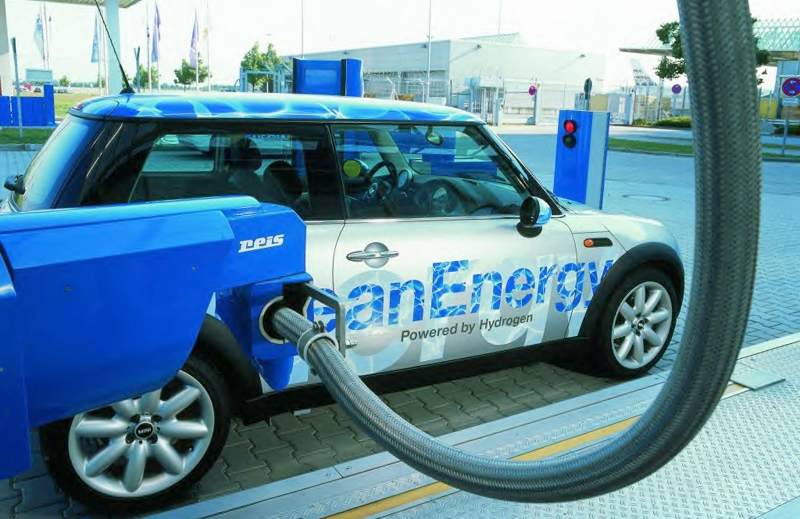We have been hearing it for a while now. Generating your own electricity by means of solar panels, composting organic waste and growing your own food in your garden. Factory products have started to shift to more decentral means of production. But recently a new and fairly surprising product has been added to this list. That product is hydrogen. Now, devices to produce hydrogen from water through electrolyse have been around for a while. However, a company has been working on an affordable system to replace gas fired central heating systems. The idea is that their system will produce both heat and electricity and if it is run on excess power from solar panels, it can prove to be completely emission free. These kind of devices could become the norm meaning we would move to a hydrogen-fuelled economy. But will this be 100% great or will there be some risks?
The short answer would be yes! Yes, it will be 100% great and yes, there will some risks. A carbon free or low-carbon economy based on hydrogen instead of oil would be great news from an environmental standpoint and will provide many business opportunities. There would be a need for hydrogen producing systems, devices that can use this hydrogen like central heating and cars and most importantly, a hydrogen distribution network. Products that use hydrogen are, although not very common, already in production and the distribution network will be discussed in a moment.
First the production aspect. At the moment, most hydrogen is obtained from fossil fuels which defies the potential of hydrogen creating a low-carbon economy. Hence production systems need to be developed to gain this element from renewable sources, like biomass or water, and to gain it at an affordable price.
Next, consumers should have a need for hydrogen. This means widespread use of hydrogen fuel cells in for example cars and the production of heat and electricity in houses. Here, the biggest physical safety risk will be the actual storage of hydrogen. If every household needs to have a tank somewhere to store hydrogen, be it in liquid or gas form, this will pose serious safety hazards. Hydrogen is highly flammable and explosive when handled without care.
Lastly, to facilitate the transition to a hydrogen-powered economy, a widespread infrastructure and network should be constructed. This could pose the same risks as for example the New-York steam pipelines. Although they are fairly safe, it is not unthinkable that a pipeline bursts and causes severe damages to people and property. A hydrogen pipeline could also burst with similar, or even worse, consequences. This calls for a decent risk analysis before construction and decent maintenance afterwards.
It is important not to underestimate the physical risks. Damages to people and property, or even worse, should be avoided wherever possible. Though however severe physical risks can be there is an even larger risk to be taken into account in order to facilitate a hydrogen-economy, that is the financial risk.
A transition as big as moving from an oil-economy to a hydrogen-economy requires massive investments, from people, companies and governments alike. However, as with any investment made, you would like to have a positive return, preferably in profits. Thus it is very important to get every party on the same page about if and how they should contribute to this transition to prevent parties from refusing to cooperate or even from opposing. Analysing stakeholders could mitigate, or at least minimize, these risks. This analysis will probably result in question like “How to avoid the oil industry from opposing?” or “How to make people embrace this change?”.
So in short, important concerns, important questions and hopefully, as soon as possible, important answers.
Sources
--
